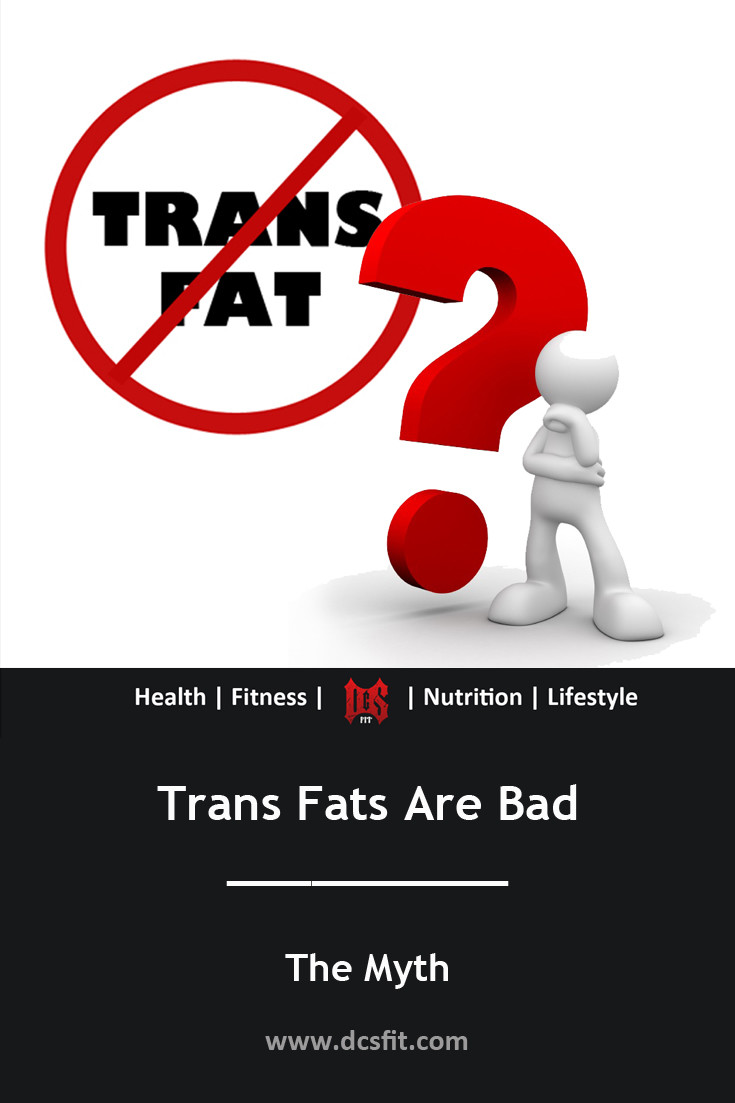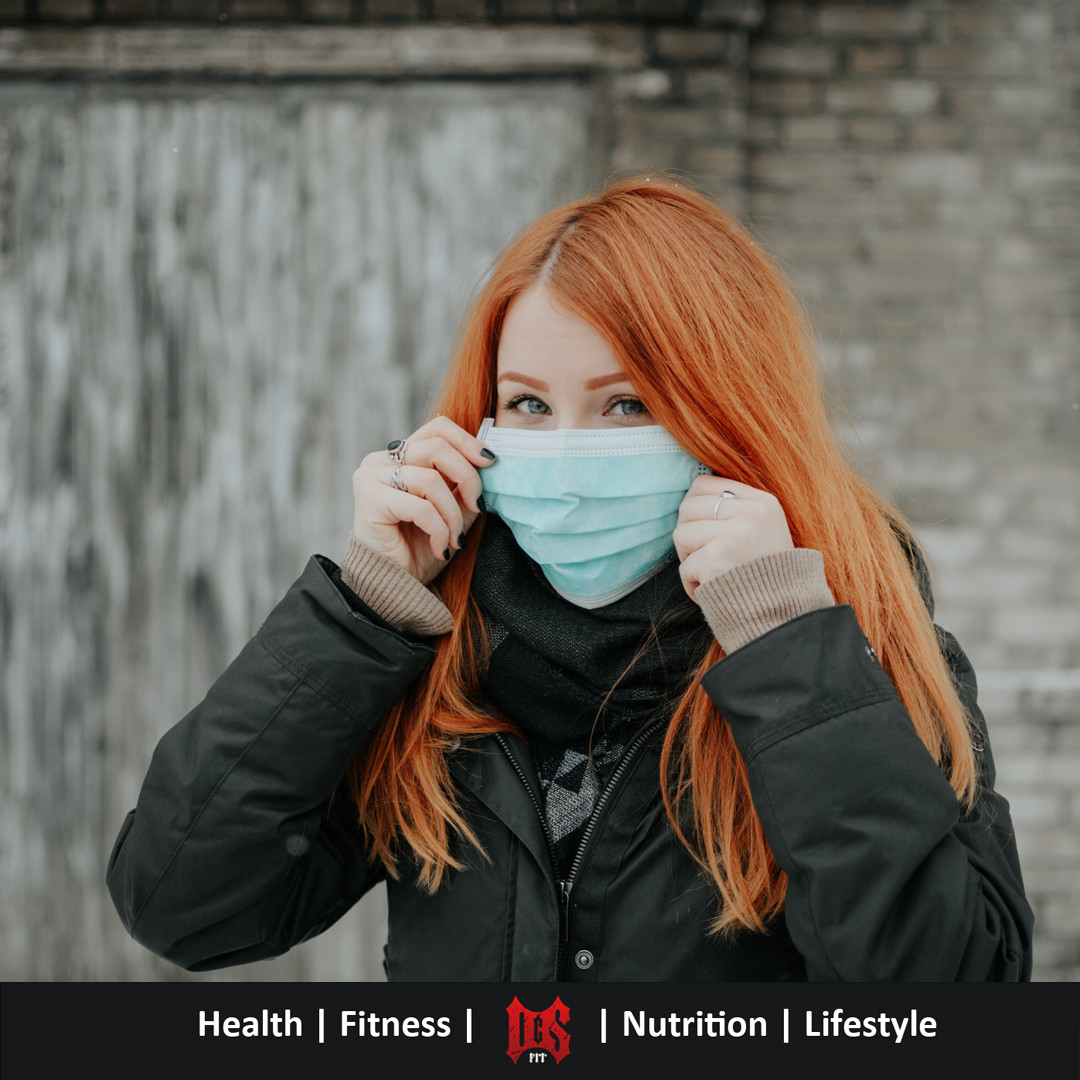TRANS FATS
ALL BAD?
Trans fats get a bad name when it comes to healthy eating. Generally, with good reason. But are trans fats completely unsafe or have some just fallen in with a bad crowd?
Trans fats rarely occur in nature and are more likely to be associated with chemically produced ‘food like’ products created in factories such as ready meals, most margarines or cinema snacks. And when it comes to these options there is little upside (unless you count the flavour if you happen to be a fan) and plenty of downside, such as increased risk of heart disease, heart attacks or strokes.
However, as with most nutrition related topics, to just blanket demonize a name and claim that they are all bad is a poor approach.
CLAs (Conjugated Linoleic Acids) are technically trans fats.
The difference being, these generally occur naturally and are found in most grass-fed products (meats and dairy).
However, unlike it’s chemically produced cousin, CLAs have been shown to have some fantastic health benefits.
The first of which was noted to be an ability to inhibit cancer (tested on mice – 1979) but more recently has been cited as having anti-inflammatory properties in the bowel, helping not only bloating but promoting fat loss.
So much so that CLA supplementation has become a common practice with those seeking to lose weight or lean up.
However, as noted above, CLA is abundant in grass-fed animals and associated dairy products.
Which brings us to that age-old question…
Is it too expensive to eat healthy?
CLA supplements are far from cheap.
They are one of the most expensive fat supplements you can buy.
Yet, by ensuring better meat and dairy sources in your diet, you could naturally increase your dosage (along with a ton of other increased nutritional value).
The grass fed equivalent products tend to have between 3 and 5 times as much CLA as their grain fed counterparts.
Bringing us back to the issue I’ve been arguing for many years now.
What you are purchasing when you buy food is not the volume of the food.
Your body doesn’t function on quantity of food it functions on the quality of the nutrients you give it.
And, whilst it may be more expensive to buy organic and grass-fed equivalents gram for gram, you are actually getting MORE for your money nutrient for nutrient in most cases.
The problem comes when you look to go for the healthier options but consume the same quantity of food and then compare the cost. Whereas, if you were to strip it down to how much it costs to purchase the beef equivalent of CLA, the salmon equivalent of Omega 3 or the equivalent level of vitamin E from your tomatoes by purchasing grass fed, wild and organic equivalents, you would find you need to purchase small quantities at a higher gram for gram cost and would likely end up financially better off and certainly healthier as a result.
Key points to take away:
Don’t demonize food groups by their labels.
Not all trans fats are bad
Nutrients found in nature are generally good for you regardless of their ‘label’
Nature produced food products are much higher in vitamins and minerals when they are not interfered with.
Your body understands nutritional quality not volume of food.
If you purchase healthy, nutrient rich alternatives you don’t need to consume the same amount to achieve the same nutritional input (and therefore you will feel satisfied with less).
It is certainly possible for healthy eating to become extremely expensive
Given some of the mark ups some places (such as whole foods) put on health based products (Have a search for the scandal regarding asparagus infused water) it is still possible to raise your healthy eating costs through the roof.
But, as with the trans fats label, you can’t tarnish everything under one heading with the same brush. And saying that eating healthy is more expensive as a blanket statement is just plain wrong.
I feel such an argument is often made from those who want to justify their fast food choices. Even if only subconsciously, they just don’t want to give them up.
The truth of the matter is, if you shop based on nutritional value alone, it is possible to buy more for less.
Not only that your future self (along with the health service) will be grateful for it.
And if you missed the last Myth Demystified on why weight loss is not always about lowering calories, be sure to go and check it out.

Trans Fats are Bad
Myths Demystified by Mark Tiffney
What do you think?
Do you still believe that all trans fats are bad?
Do you still feel it is too expensive to eat healthy alternatives?
Are you in the camp that buys cheap food but expensive supplements?
Let me know in the comments below.
.




” Studies also show undesirable effects in human beings as increased levels of triglycerides and LDL-cholesterol and reduction of the HDL levels, suggesting a negative alteration in the serum lipids profile ”
“Therefore, the clinical evidence appears to be insufficient and not unanimous regarding the effects on body fat reduction”
https://www.ncbi.nlm.nih.gov/pmc/articles/PMC4574006/
Very interesting article, thanks James.
I completely agree that it demonstrates that CLA is not the wonder supplement that it is made out to be. Though the evidence in that report does seem to suggest there are still benefits of reduced inflammation throughout and suggests there are instances where improvement has been shown in specific group types. (ie individuals with obesity grade 1 … “As a result it was found that the group supplemented with CLA presented a reduction of obesity and/or overweight besides other benefits, without evidence of adverse effects”).
However, the point I’m trying to make with the article is not to sell people on the idea of using CLA supplements (quite the opposite, I’m simply suggesting it can be found naturally anyway, so just eat the real food, if that is why you are taking it). But, the main point being that, giving a group of foods a label and then tarnishing everything with that label with the same brush is not a good nutritional approach.
The more common one is to demonise all Carbs or all Fats, but the purpose here is to to put it in a more narrow area. Almost everyone, if they have heard of trans fats, will say they are bad. Not that most are bad or some are bad, but all are bad. I’m simply trying to point out that grouping food choices in one bucket and then demonising them is both a lazy and sub-optimal route. And, even if CLAs does not hit all the benefits in full that it is made out to be, it is also not unhealthy, have bad side effects or should be avoided at all costs. Yet, that’s how trans fats, as a group, tend to be labelled.
But, thanks for your comment and I very much appreciate the link. I’ll be returning to it to take in its contents more completely.
Mark.